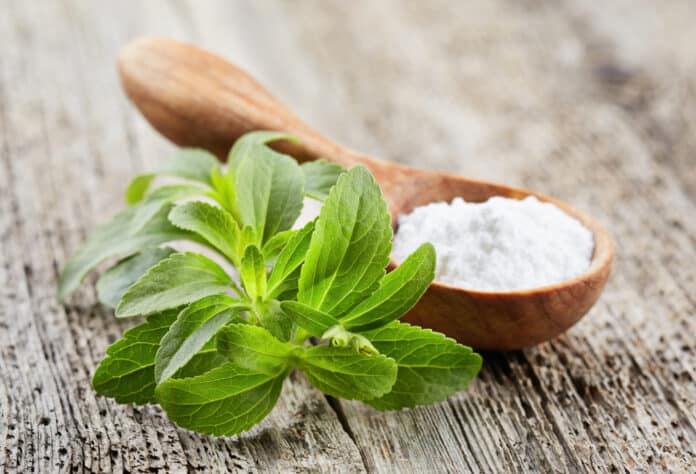
Stevia, also called Stevia rebaudiana, is a popular South American plant in most low-or-zero calorie sweeteners. It is now used in many countries in sweeteners and is known by other names, including ‘caa-ehe,’ ‘kaa he-he, and honey leaf.
Is Stevia Safe For Certain People?
According to the Food and Drug Administration (FDA), what people extract from the leaves of the stevia plant —steviol glycosides— falls under the category of ‘Generally Recognised as Safe (GRAS).’ For a food additive to be considered as GRAS, it must meet either of the following conditions:
● A history of safe use has been established, and a significant number of people have used the ingredient before the enactment of the Food Drug and Cosmetic Act of 1958; or
● Scientific data has informed the public of the safe use of such ingredients, with a consensus among scientific experts.
However, you should note at this juncture that whole-leaf stevia and crude stevia are not considered GRAS because these products may contain other ingredients that may affect the various organs and systems of the body, which include the following:
● The kidney;
● The cardiovascular system; and
● The respiratory system.
Can Stevia Cause Cancer?
Many people have raised concerns about whether there is any correlation between stevia and cancer. A 2002 study showed that a high level of steviol in the study possessed a weak amount of mutagenic activity. This high level of steviol is what one may use in about 3,000 cups of coffee. Therefore, the general toxicity in ordinary amounts can be regarded as “negligible and safe.” The American Cancer Society supports this report by stating that stevia is safe when people use it in moderate amounts.
Side-Effects of Stevia
The Food and Drug Administration sets the suggested daily intake for steviol equivalent at 4 milligrams per kilogram of body weight. Furthermore, it has been determined to be safe for use as a sweetener. However, it’s essential to know that stevia consumption may cause some unwanted side effects. Among these are:
● Kidney damage: Some scientists believe that using stevia for an extended period affects the kidney, mainly because the product is a diuretic. However, recent studies have shown that stevia aids in reducing cyst growth in kidney cells.
● Gastrointestinal symptoms: Finally, stevia may also cause irritable reactions in certain individuals. These reactions may include:
● Nausea;
● Vomiting;
● Indigestion;
● Cramping; and
● Bloating.



















